Blog
Assessment Questions AC 1.1 Matrix Organizational Structure Matrix organisation involves monitoring staff under a dual reporting relationship; that is, the professional managers based on their expertise and the project manager who takes charge of the specific project. This framework enables functional coordination, and employees can be assigned multiple projects simultaneously (Gaille, 2020). Reasons Underpinning Matrix […]
TASK 1 AC1.1 Explain the sources of information which state an individual’s work role and responsibilities Job descriptions serve as documents clearly outlining the tasks, duties and expectations associated with a position (Diamond & Adam, 2023). For example, a software engineer’s job description might specify responsibilities such as coding, debugging and collaborating with functional teams. […]
TASK 1 AC1.1 Define the Purpose of Teams According to Darmawan et al. (2020), the purpose of the team is to work together towards common goals and objectives, increase productivity, ensure quality and serve as a strong support system. Teams achieve continuous improvement by bringing together diverse skills and perspectives, developing new initiatives and nurturing […]
TASK 1: Understand change within organisations Managers are often asked to make changes, and to do this effectively, they need to understand what change is and how people react to it. AC 1.1 Identify reasons for change in an organisation 1. Technological advancements have an impact on shaping change. As new technologies emerge and evolve […]
TASK 1: The role and purpose of projects within organisations Projects help achieve the goals of an organization. This task explores the various types of projects that organizations use, the reasons for using projects, and how projects differ from regular activities. AC 1.1 Identify the differences between projects and everyday activities There are differences between […]
Task 1 AC1.1 Explain the importance of effective communication in the workplace Effective communication plays a role in promoting collaboration, enhancing productivity and fostering a work environment (Gerards, Van Wetten and van Sambeek, 2021). Communication involves the exchange of ideas, thoughts and information among individuals or groups. Clear and concise communication ensures that all team […]
Assessment Questions AC 1.1 Discuss the impact of mental health and well-being on organisational performance. Mental health and well-being have a significant impact on organisational performance (Suff, 2022). Not only do they affect the individual’s performance, but they also have a ripple effect on the entire team and the organisation’s bottom line. There is various […]
Assessment Questions AC 1.1 Critically assess structural inequality within an organisational and societal context. Structural inequality is a significant challenge within both organisational and societal contexts. According to Morais et al. (2022), structural inequality is the systemic and institutional barriers within organisations and society, limiting opportunities and outcomes for individuals based on their identity, background […]
Culture is a powerful force in shaping an organisation’s success. Beliefs, principles, ideologies, behaviours, and values all play a crucial role. Culture emerges and evolves over time, influenced by the cultural identities of staff and stakeholders, as well as the leadership and management approaches. It is also shaped by the organisation’s history, purpose, activities, vision, […]
Knowing how to develop, manage, and lead teams is a key skill for managers. To be effective, managers need a strong understanding of team development and leadership models, along with the ability to apply these theories in real workplace situations, especially when managing team leaders and handling multiple or remote teams. Assessment Questions Assessment Question […]










